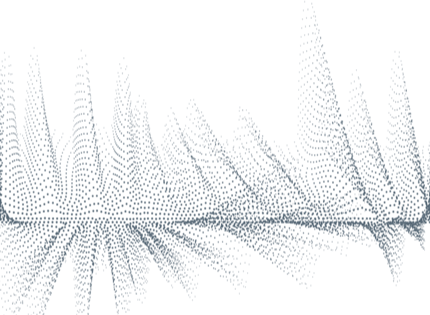IMDEA Networks

DIME
Inferencia distribuida para la supervisión eficiente de la energía en el borde de la red Nota
IMDEA Networks es el coordinador de este proyecto
- Financiado por: Unión Europea. HORIZON-MSCA-PF (Becas de Postdoctorados de Marie Skłodowska Curie) 101062011
- Duración: Junio 2022 hasta Mayo 2024
- Contacto:
- Jaya Prakash CHAMPATI, Coordinador del proyecto de IMDEA Networks
- Joerg WIDMER, Coordinador del proyecto de IMDEA Networks

Hoy en día, los sensores del Internet de las Cosas (IoT) se utilizan ampliamente para supervisar los procesos/fenómenos en las ciudades inteligentes. Las muestras de datos generadas por estos sensores IoT se transmiten de forma inalámbrica a los servidores en el borde de la red, donde se utilizan modelos de aprendizaje automático (ML) intensivos en computación, específicamente redes neuronales profundas (DNN), para proporcionar inferencia. Sin embargo, un gran porcentaje de muestras de datos son redundantes porque no mejoran (significativamente) la inferencia. Esto conduce a una huella de carbono excesiva e injustificada de estos sistemas, ya que cada muestra de datos redundante contribuirá al consumo de energía total del sistema (TSE). Sin embargo, hay una falta de investigación sobre el diseño de estos sistemas para reducir el TSE teniendo en cuenta la redundancia de los datos. En DIME, exploramos el ahorro de energía TSE en una configuración de inferencia distribuida contemplando el despliegue de los pequeños modelos DNN emergentes en los sensores IoT. Mi objetivo es maximizar el ahorro de energía TSE respondiendo a dos preguntas clave 1) ¿cuándo debe un sensor IoT muestrear el proceso (para reducir las muestras redundantes) y 2) dónde realizar la inferencia sobre la muestra, en el sensor IoT o en el servidor del borde de la red (para reducir el TSE)? Desarrollaré un marco general de modelado y posteriormente diseñaré y validaré algoritmos de programación y técnicas de muestreo que minimicen el TSE reduciendo los datos redundantes y maximizando la precisión en los sistemas de monitorización basados en ML. Para lograr el objetivo, aprovecharé mi experiencia en investigación teórica sobre modelización y diseño y análisis de algoritmos y la experiencia de IMDEA Networks en aprendizaje automático aplicado e investigación de sistemas. DIME contribuye directamente a reducir la huella de carbono de la monitorización en las ciudades inteligentes, lo que está en consonancia con el objetivo de Horizonte Europa de lograr 100 ciudades inteligentes neutras desde el punto de vista climático para 2030.

Este proyecto ha recibido financiación de la Unión Europea del Programa Horizonte Europa a través de un acuerdo de subvención de Marie Sklodowska-Curie No. 101062011.

